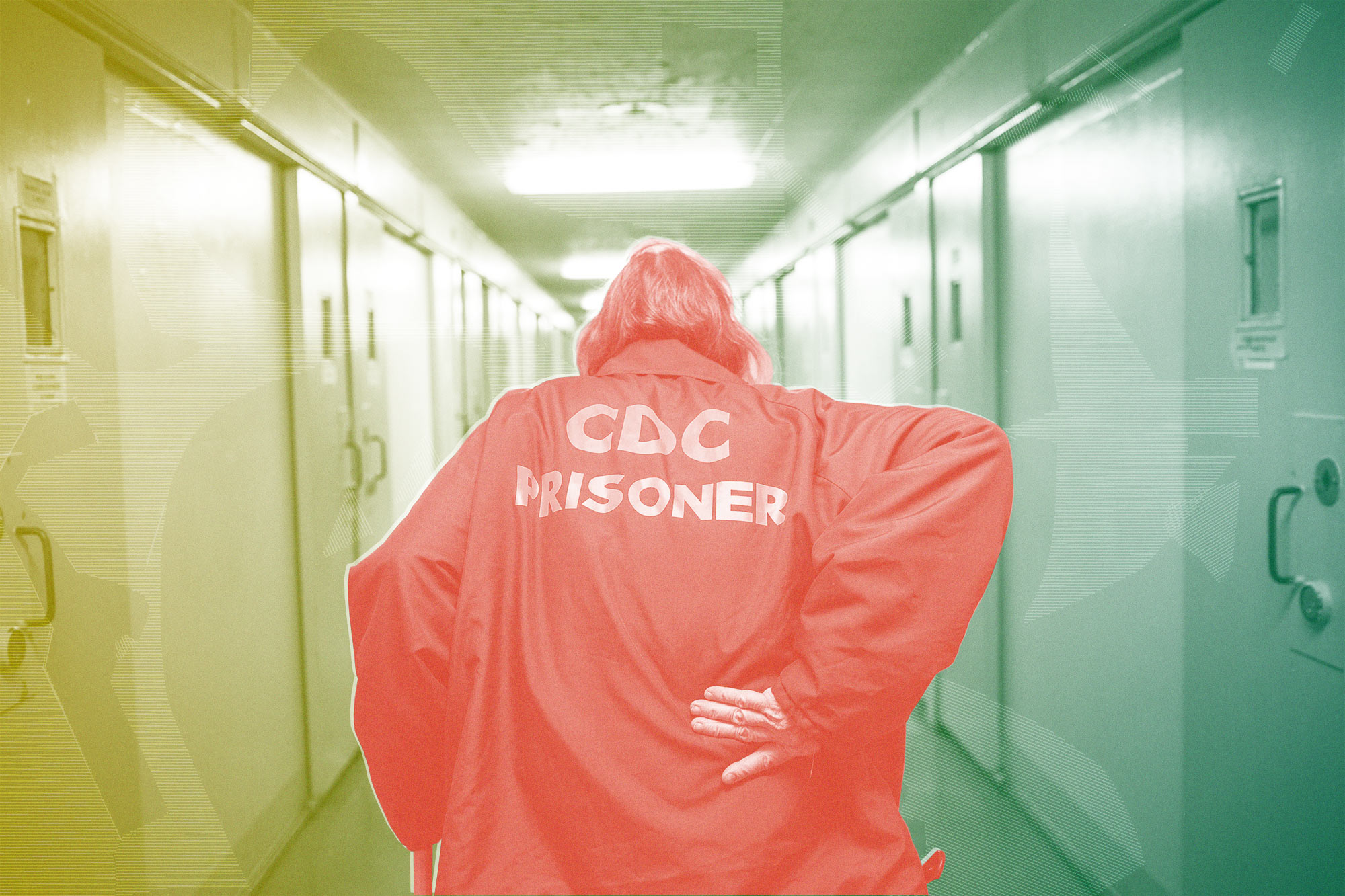Man Exonerated In Murder, But Diagnosed With Terminal Cancer As He Awaited Freedom
William J. Richards was cleared in the death of his wife. But he says he was the victim of medical neglect while he was behind bars, which led to a cancer diagnosis becoming terminal. Now he’s suing.

In May 2016, after finding that a forensics expert retained by the state presented false testimony, the California Supreme Court overturned William J. Richards’s conviction in the 1993 murder of his wife Pamela Richards. Richards was released from prison one month later. In March 2017, he sued the San Bernardino County district attorney, sheriff and others alleging that his wrongful conviction was the result of intentional misconduct. The lawsuit is ongoing.
Richards’s case is now one of more than 2,300 exonerations in the U.S., but there is more tragedy than triumph to his story: While he was incarcerated in the California Department of Corrections and Rehabilitation (CDCR), he developed terminal prostate cancer. In a recently filed lawsuit, Richards and his attorneys allege that his cancer could have been prevented had he received adequate health care while in CDCR custody.
Incarcerated people have a constitutional right to health care: In 1976, the U.S. Supreme Court ruled in Estelle v. Gamble that deliberate indifference by prison officials to prisoners’ serious medical needs violates the Eighth Amendment. But despite the constitutional mandate of Estelle, the standard of care offered in prisons is often inadequate. A 2009 study published in the American Journal of Public Health found, for example, that although “more than 800,000 inmates report having one or more chronic medical condition” many people with medical conditions did not receive treatment while incarcerated.
A judge’s ruling finds evidence of deliberate indifference to medical needs
When Richards was in Centinela State Prison from 2002 to 2004, he began to experience symptoms consistent with the onset of prostate cancer. In August 2003, prison physicians ordered testing to measure his prostate-specific antigen (PSA) levels; elevated PSA levels can be an indicator of prostate cancer. Richards’s PSA was 3.8, above average for a 53-year-old; his attorneys argue that the PSA results should have prompted prison physicians to conducted other tests—such as a biopsy or rectal exam—to confirm or rule out a cancer diagnosis. Instead, the attorneys say, Richards’s PSA results were placed in his medical file and no further action was taken. His attorneys say he did not receive prostate cancer screenings after the 2003 test, until January 2007, when his symptoms worsened. In July 2007, Richards was diagnosed with prostate cancer.
Richards received radiation treatment in October 2007 followed by hormone therapy that November. Even though he completed radiation treatment in 2008, his PSA levels continued to rise, indicating aggressively recurring prostate cancer. But Richards’s attorneys say prison doctors did not order a biopsy, provide counseling, or recommend additional treatment options such as surgery. According to Richards’s lawsuit, prison officials recommended a biopsy between June 2008 and December 2009, but the test was never conducted.
In December 2009 Richards received further hormone treatments meant to slow the growth of the cancer. After advocacy from his post-conviction litigation counsel, Richards received a biopsy in September 2011. In August 2012, Richards received a cryoablation treatment (which uses extreme cold to kill cancerous tissue), also because of advocacy from post-conviction counsel. But Richards’s PSA levels continued to rise, and in May 2016 he was informed that his cancer had become terminal and no further treatment was available.
In December 2018, Judge Jesus G. Bernal of the United States District Court for the Central District of California denied the CDCR’s motion to dismiss Richards’s lawsuit, finding that he sufficiently demonstrated that his treating physicians were deliberately indifferent to his medical needs. On Jan. 11, several doctors named as defendants in the case filed an answer to Richards’s complaint in which they denied the allegations against them and demanded a jury trial. When reached for comment, a press representative for the CDCR stated that the system does not comment on pending litigation.
Reforms on the rise, but medical care rarely adequate for prisoners
Richards’s case is not unique. In 2014, the Arizona Department of Corrections settled a class action lawsuit brought on behalf of 33,000 prisoners who alleged years of medical neglect, including failure to hire enough medical staff, denying access to medical specialists, and failure to fill prescriptions. In June 2018, a federal judge found the Arizona prison system in contempt of the settlement and levied $1.5 million in fines for continuing failure to provide adequate medical care In 2015, Wexford Health Sources, a company contracted to provide healthcare to prisoners in Illinois, agreed to pay $800,000 to the family of a man who died in 2012 after his colon cancer wasn’t diagnosed and treated. In January, In January, a federal judge issued an injunction requiring new reforms after the Fluvanna Correctional Center for Women, Virginia’s primary women’s medical prison, failed to comply with a court-imposed settlement agreement to provide constitutionally adequate medical care after 15 prisoners died.
“One thing that stands out from the complaint is that Richards was never referred to an oncologist despite his diagnosis,” said University of Iowa oncology professor Dr. Laurie Lyckholm, who has conducted extensive research on cancer care among prisoners. “Inmates generally don’t have access to good cancer care. There are multiple reasons for that. One is that many prisons operate on a for-profit basis and not sending inmates for specialized screenings or referring to a specialist is a way to save money. Cost cutting also discourages the use of chemotherapy or other expensive treatments.”
Lyckholm says there have been improvements in medical care for incarcerated people. “I am starting to see more studies in the medical literature about the need to improve the healthcare that’s provided to inmates,” she said, but “given that the level of care in some places is rock bottom, there’s nowhere to go but up.”
